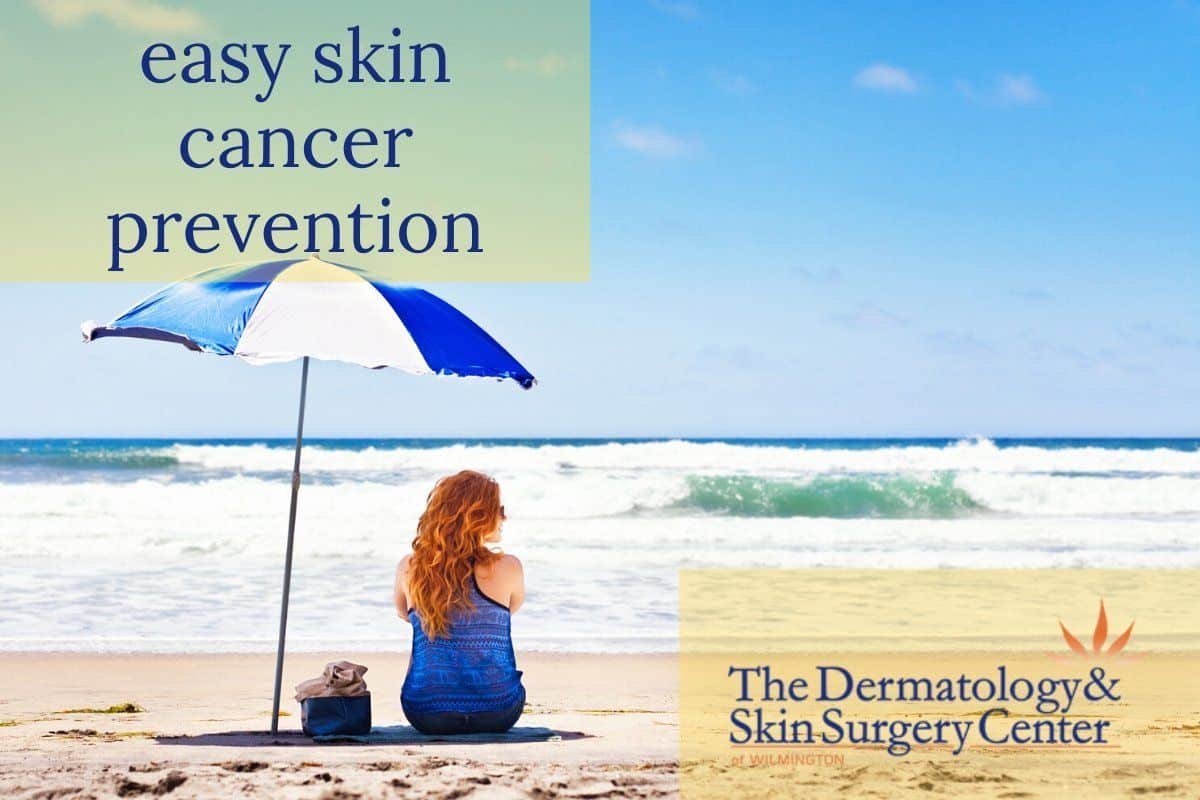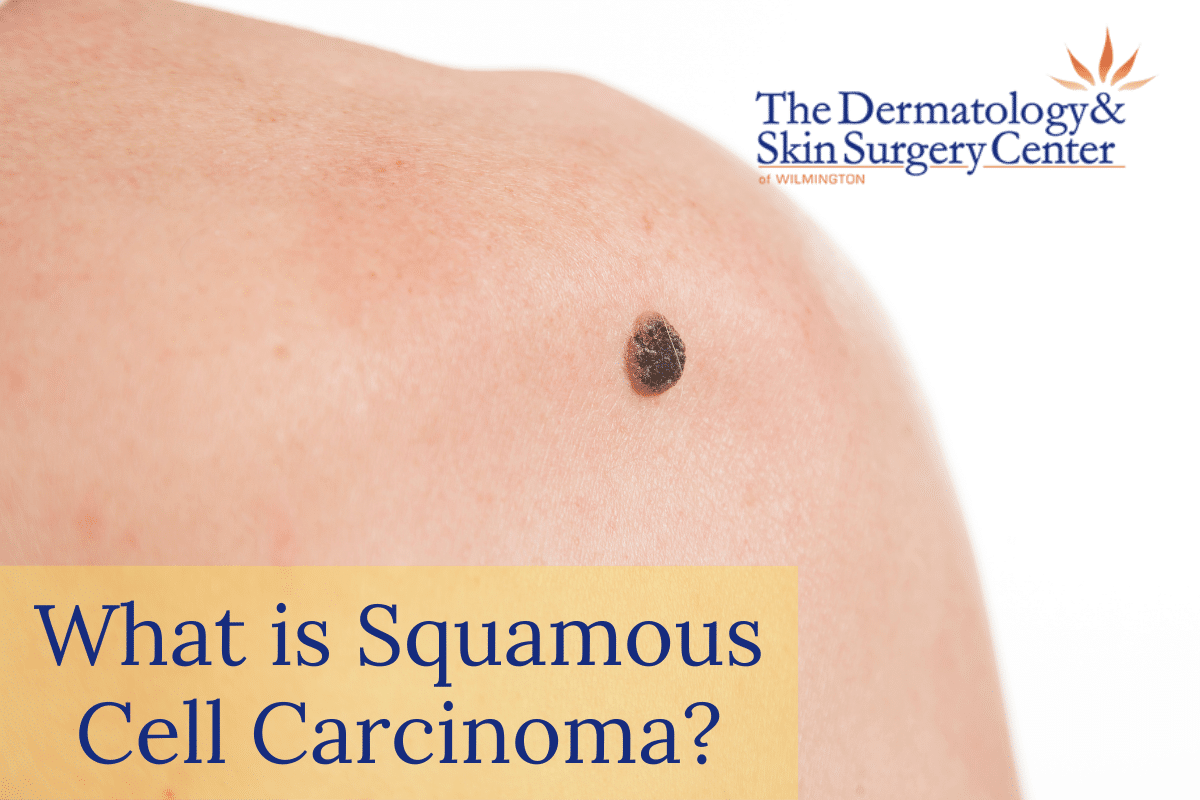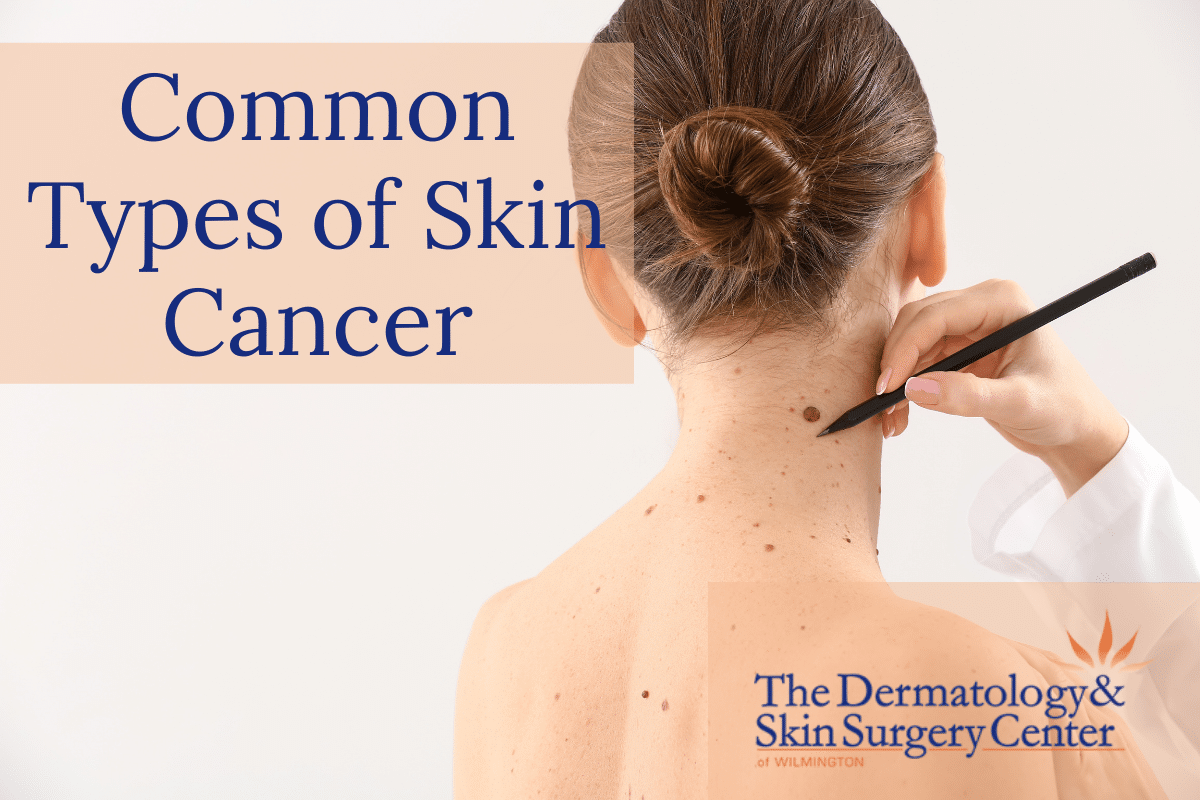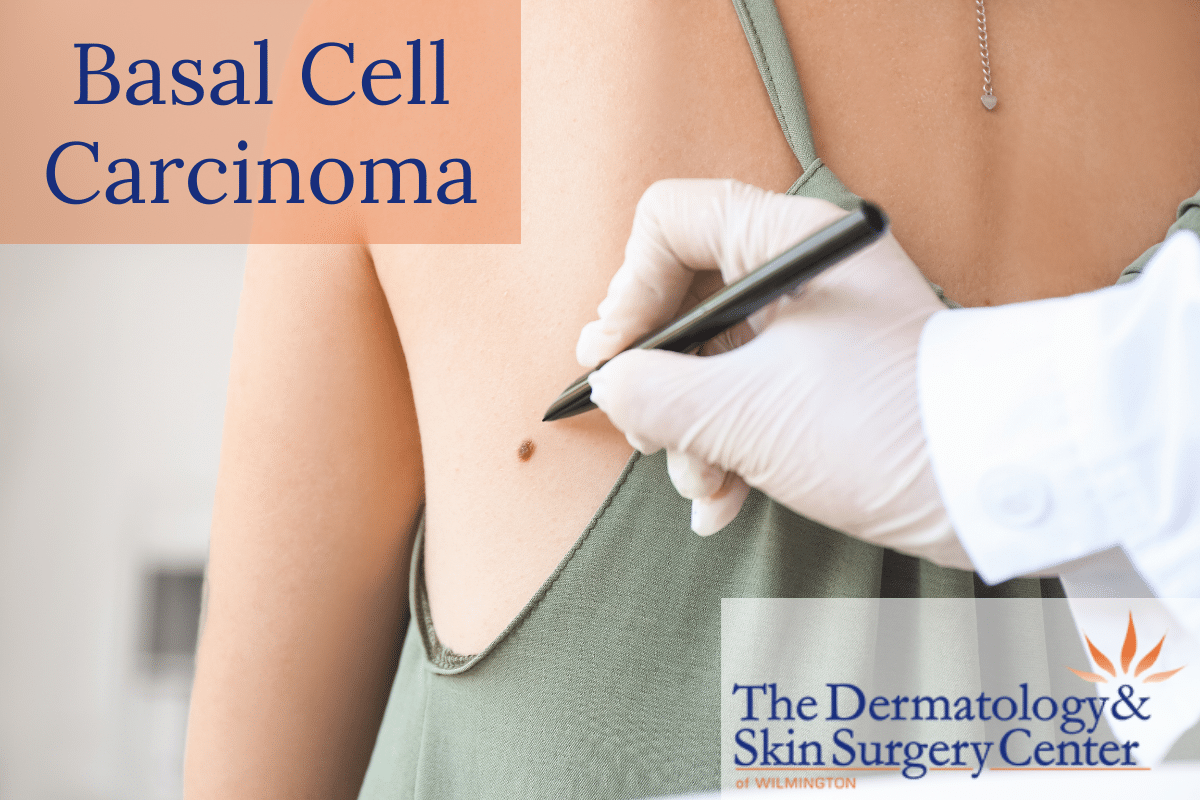If you had to guess how many Americans are diagnosed with squamous cell carcinoma (SCC)…

5 Simple Ways to Prevent Skin Cancer
Did you know that one in five adults will develop skin cancer by age 70 and that it is the most frequently diagnosed cancer in the United States, with more new cases each year than all other cancers combined? The more astounding fact? Up to 90% of non-melanoma cancers and 86% of melanoma cases are preventable. This month, we’re sharing five easy ways to prevent skin cancer that you can use year-round.
Skin Cancer Causes
Before we talk about prevention, it’s important to understand what causes skin cancer so you can take effective steps to prevent it. Cancer is the result of damaged DNA that mutates and begins to make cells replicate out of control, causing tumors. Skin cancer happens when this mutation and replication happens in one of the types of skin cells. The three most common types of skin cancer are basal cell carcinoma, squamous cell carcinoma, and melanoma.
The primary cause of all types of skin cancer is lifetime exposure to UV rays, either from the sun or tanning beds. Up to 90% of skin cancers occur in areas of the body that have had exposure to UV rays. However, any area of the body can get skin cancer. For example, the nail beds are a common area for melanoma, and you can even get skin cancer in your eyes. While prevention strategies cannot provide complete protection from skin cancer, they can dramatically reduce your chances of developing it.
Skin Cancer Risk Factors
A cancer risk factor is something that increases the chances of contracting the disease. However, it’s important to note that having several risk factors does not mean that you will definitely develop cancer, nor does an absence of risk factors mean that you cannot form cancer.
Skin cancer does not discriminate, so people of all ages and races should take steps to reduce their risk. Some factors that tend to correlate with more cases of skin cancer are:
- Lifetime exposure to UV rays, including burns, tans, and total time spent in the sun
- Tending to develop moles
- Having lighter skin tones, especially if you burn and freckle easily
- Light hair, especially blonde and red
- Having blue or green eyes
- Personal and family history of skin cancer
- Having a weakened immune system from other illnesses
- Having a condition that makes you more sensitive to sunlight
Easy Ways to Prevent Skin Cancer
At its heart, preventing skin cancer is simple: reduce your exposure to UV rays. There are five easy steps that you can take to reduce your sun exposure and lower your chances of developing skin cancer.
1. Wear a broad-spectrum sunscreen daily
Sunscreen is many people’s first line of defense against sunburns. There are two main types of UV rays that can damage the skin – UVA, and UVB. UVA rays penetrate deep into the skin and cause signs of aging, like wrinkles, while UVB rays affect the skin’s surface and cause sunburns. Choose a broad-spectrum formula that protects your skin against both.
It’s essential to wear sunscreen every day, even when you’ll be inside or when it’s cloudy because up to 80% of the sun’s rays still pass through clouds, and most windows do not block UV rays. Many people apply sunscreen but still get burned because they don’t use enough, or they forget to reapply after two hours. The typical adult needs to apply about one ounce of sun lotion, enough to fill a shot glass, to cover their entire body. Check your sunscreen for specific instructions about how often you should reapply, but most formulas last about two hours unless you’re swimming or sweating.
2. Stay out of the sun between 10 a.m. and 4 p.m.
In the middle of the day, the sun’s rays are the strongest and can damage skin cells quicker than other times of the day. When possible, schedule your outdoor activities for the morning or evening. If you do find yourself outside during peak sun hours, seek shade when possible.
If you’re eating on a restaurant patio, choose a table under an awning or an umbrella. If you’re taking a walk, choose the shady side of the street. When you’re at the park, stay under the shade of the trees. Sun rays can often filter through the shade or umbrellas, so you should still use a second method of protection.
3. Avoid tanning beds at all costs
Did you know that the lights inside tanning beds can emit UV radiation that is ten to fifteen times greater than what you receive from the sun? People who use a tanning bed before age 35 increase their risk of developing melanoma by 75%!
Our society tells us that tan skin is beautiful, but the risk of developing skin cancer from using a tanning bed is not worth it. Instead, choose one of the many sunless tanning options to get the bronzed look you want, without the risk.
4. Wear UPF clothing while you’re outdoors
If you struggle to remember to reapply sunscreen or don’t like the greasy feeling of some formulas, try UPF clothing. UPF means ultraviolet protection factor, and it’s a rating system for how much UV light an item of clothing filters out. For example, a UPF 50 rating means that only 1/50th of the sun’s UV radiation can get through the fabric to your skin.
The best thing about UPF clothing is that its ability to block UV rays does not wear off after a few hours like sunscreen. It’s a great option for when you’ll be outside for several hours because it provides hassle-free sun protection.
5. Find and treat skin cancer early
One of the best ways to prevent a poor skin cancer outcome is to find and treat it as soon as possible. According to the Skin Cancer Foundation, the five-year survival rate for melanoma patients who find and treat their cancer early is 99%.
You are the best person to notice changes in your skin. Whether you have risk factors or not, you should put a reminder on your calendar to perform a thorough monthly skin cancer self-exam. If you notice anything suspicious, get in touch with our office right away. We also recommend that adults schedule a yearly skin exam with a dermatologist to help find any changes that you may miss.
Skin cancer prevention can be easy!
You don’t have to jump into all five of these skin cancer prevention strategies right away. If you’re not currently doing any, then start with just one. Every step that you take to reduce your UV exposure adds up and reduces your risk for developing cancer so that you can live a long, healthy life. If you have questions about protecting your skin or you want to schedule your annual skin exam with one of our dermatologists, get in touch with us!
Dermatology and Skin Surgery Center of Wilmington is passionate about preventing and treating cancer. If you have questions about what you can do to reduce your risk or you’re ready to schedule your yearly skin cancer check-up, call us at (910) 782-0028 today.



